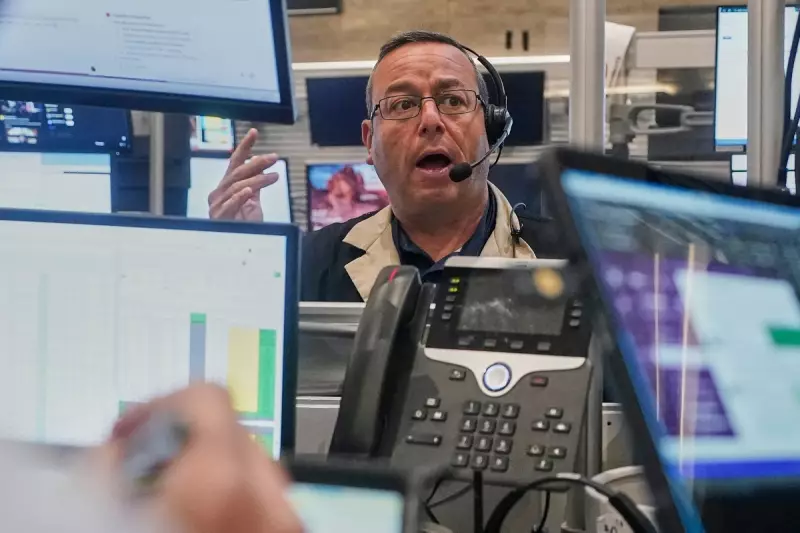
Global financial markets went into a tailspin on Monday, rattled by the spectre of a renewed US-China trade war. The trigger was former President Donald Trump's provocative suggestion that he would consider slapping tariffs of 60% or more on Chinese goods if he returns to the White House.
The mere prospect of such aggressive protectionist measures sent shockwaves through Asian trading floors. Japan's benchmark Nikkei 225 index tumbled, while Hong Kong's Hang Seng and Shanghai Composite also faced significant selling pressure as investors scrambled to price in the potential for severe economic disruption.
The anxiety did not stop there. The reaction spilled over into European markets and is expected to cast a long shadow over Wall Street when trading begins. Futures for the Dow Jones Industrial Average pointed sharply downwards, signalling a rocky start for the US market and reflecting deep investor unease.
Echoes of a Previous Trade War
Mr. Trump's comments, made over the weekend, evoked memories of his first term, which was defined by a bruising trade conflict with Beijing. While his initial tariffs targeted a wide range of imports, the scale of this new proposal is of a completely different magnitude, threatening to severely constrict the flow of goods between the world's two largest economies.
Financial analysts were quick to warn of the dire consequences. Such a move would almost certainly ignite inflation, disrupt intricate global supply chains that are still recovering from pandemic-era shocks, and potentially stifle global economic growth. The cost of goods from electronics to household items would likely surge, impacting consumers worldwide.
A Waiting Game and Mounting Uncertainty
For now, the markets are reacting to rhetoric rather than reality. However, with Mr. Trump leading in several key polls for the Republican nomination, his policy threats are being taken with increasing seriousness by traders and economists alike. The current situation creates a fog of uncertainty, making it difficult for businesses to plan and invest, thereby acting as a drag on the global economy even before any policy is officially enacted.
All eyes are now on the unfolding political landscape in the United States, as the world waits to see if these campaign trail threats will become a jarring economic reality.





